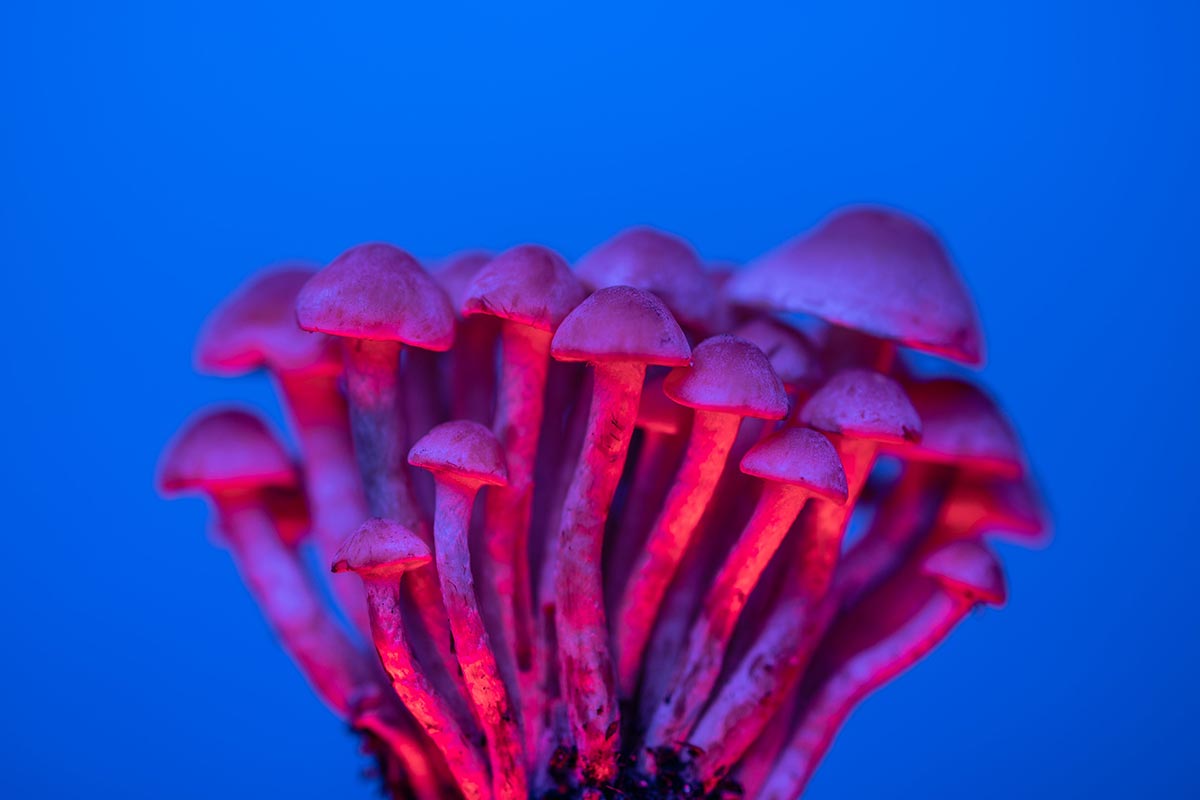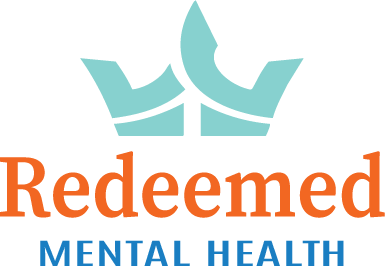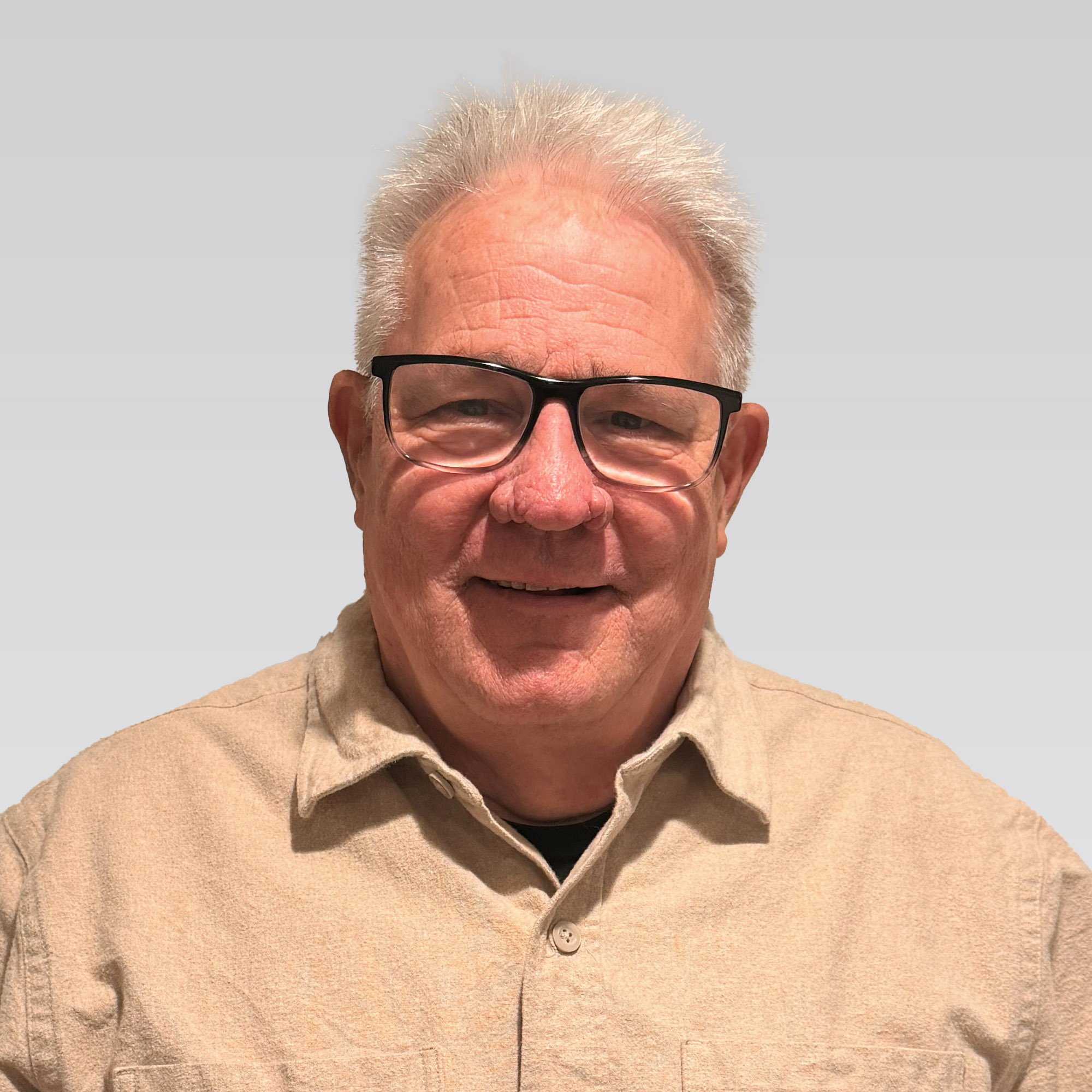
Hallucinogens or psychedelics have a long history of being known for exacerbating mental health problems and increasing suicide risk. Today that’s come under question, especially as multiple studies show that hallucinogens may actually reduce risk of suicide in (previously) suicidal persons.
However, in both cases, we still need more data and a better understanding of how hallucinogens work on an individual level in order to make safe judgement calls.
In 2022, an estimated 49,449 Americans died of suicide. In 2012, 12.3 million adults seriously thought about suicide and 3.5 million adults made a plan to do so. Suicide dramatically impacts every aspect of our lives – so it’s important to understand the risks before you start taking drugs of any kind. Hallucinogens are no worse than any other drug, however, it is still critical that you be aware of the risks and that you have the information to use or make decisions safely.
Do Hallucinogens Increase Risk of Suicide?
The short answer is, there is no statistically significant data showing an increase in risk of suicide for persons who take hallucinogens. The long answer is that hallucinogens interact with the brain in complex ways and on an individual level, may be extremely harmful to mental health and stability, which may exacerbate or worsen existing mental health problems.
However, for the general population, hallucinogens show no direct correlation to an increase in risk of suicide. For example, a study profiling the hallucinogen usage of persons taking ayahuasca, a psychedelic drug used in religious rituals in the Amazon Rainforest, found no significant differences in mental health or mindset between persons who took the drug regularly for rituals. In fact, there were also no statistically significant differences between persons who started the study having used just once and those who had used 5+ times – and the study followed up on a yearly basis for two years. Instead, the only statistically significant differences were regular ayahuasca users were less likely to avoid dangerous or potentially harmful activities because they were less likely to worry about the results of those activities, were less likely to experience shyness, and were more likely to be dependent on getting to feel good out of an interaction or activity. With over 200 people profiled, there were no significant changes in mental health or in suicidal ideation or depression.
A similar study tracking the results of peyote on Native populations showed that 70,000 individuals using the drug were unlikely to experience statisticially different mental health norms than control groups not using the drugs.
People With Mental Health Problems Are More Likely to Use Drugs
 While hallucinogens are unlikely to cause increases in risk of suicidal ideation or depression, people with suicidal ideation and depression are more likely to use drugs. This means that populations using hallucinogens are more likely to be vulnerable to suicide or suicidal ideation because they have a mental health disorder. That’s in part because many people use drugs and alcohol to self-medicate and to feel better. That’s especially true after multiple studies were picked up by the news showing that psychedelics can actually help people to relieve symptoms of suicidal ideation and decrease suicide risk. More people opt to self-medicate and then use psychedelics as a means of temporarily feeling better.
While hallucinogens are unlikely to cause increases in risk of suicidal ideation or depression, people with suicidal ideation and depression are more likely to use drugs. This means that populations using hallucinogens are more likely to be vulnerable to suicide or suicidal ideation because they have a mental health disorder. That’s in part because many people use drugs and alcohol to self-medicate and to feel better. That’s especially true after multiple studies were picked up by the news showing that psychedelics can actually help people to relieve symptoms of suicidal ideation and decrease suicide risk. More people opt to self-medicate and then use psychedelics as a means of temporarily feeling better.
Self-medication is always dangerous because it means that people look for quick ways to feel better. This means they don’t treat underlying symptoms. Often, drug and alcohol use also exacerbates symptoms. Sometimes that’s by causing shifts in hormone and neurotransmitter production in the brain, reducing your ability to feel and process emotions properly or creating unhealthy reliance on drugs. Often, it also results in isolation and alienation from friends and family, pushing you further away from support networks and healthy coping mechanisms. That’s less true with psychedelics than with drugs like heroin or heavy alcohol use. However, hallucinogen use can still take the place of healthy coping mechanisms like exercise and eating well – resulting in reduced mental and physical health and worse coping mechanisms.
According to one study, almost 1 in 10 persons taking hallucinogens experienced major depressive episodes. However, the most significant factor contributing to those depressive episodes were significant trauma, typically before the age of 16. During the study, almost no one developed depressive episodes or suicidal ideation close enough to taking hallucinogens for the two to be linked. In fact, most people developed these episodes before taking hallucinogens with a smaller number of people developing them 3-5 years after starting hallucinogen use.
Drugs and Alcohol Use Increase Risks of Suicide
 That’s so much the case that drugs or alcohol were involved in 58.6% of all suicide deaths. Of those, alcohol is present in 22% – with severe intoxication being the number one most common factor between all people attempting suicide. That’s most likely linked to the fact that substance use and intoxication reduces inhibitions and decreases risk evaluation skills. This means people are more likely to be impulsive and less likely to be inhibited in their behavior. Therefore, if you go to drugs and alcohol while being depressed or suicidal, you’re more likely to go through with it while intoxicated. That lack of inhibition means that even a drug that doesn’t increase suicidal thoughts or behavior can increase the risk of suicide – because it means you’re less likely to weigh the negatives or to think through your decision. Drugs like hallucinogens also greatly reduce anxiety and ability to worry (although this depends on the specific drug) meaning that persons who take them score significantly lower on harm avoidance. This means that risk of suicide is higher while intoxicated, providing the individual was already experiencing suicidal ideation or depression.
That’s so much the case that drugs or alcohol were involved in 58.6% of all suicide deaths. Of those, alcohol is present in 22% – with severe intoxication being the number one most common factor between all people attempting suicide. That’s most likely linked to the fact that substance use and intoxication reduces inhibitions and decreases risk evaluation skills. This means people are more likely to be impulsive and less likely to be inhibited in their behavior. Therefore, if you go to drugs and alcohol while being depressed or suicidal, you’re more likely to go through with it while intoxicated. That lack of inhibition means that even a drug that doesn’t increase suicidal thoughts or behavior can increase the risk of suicide – because it means you’re less likely to weigh the negatives or to think through your decision. Drugs like hallucinogens also greatly reduce anxiety and ability to worry (although this depends on the specific drug) meaning that persons who take them score significantly lower on harm avoidance. This means that risk of suicide is higher while intoxicated, providing the individual was already experiencing suicidal ideation or depression.
Can Hallucinogens Decrease Risk of Suicide?
Multiple studies have shown that clinical hallucinogen use of either psylocibin or LSD can result in decreases in suicidal ideation in patients already showing suicide risk. However, it’s important to note that those studies are in a clinical setting with extremely controlled doses and reactions. For example, one study reviewing the efficacy of MDMA, psilocybin, and LSD in reducing suicidal thoughts and psychological distress found that MDMA and psilocybin reduced suicidal ideation by 0.01% to 10% over the course of the follow-up year. However, LSD increased risk of suicidal thoughts in that follow-up year. In addition, the study was not able to prove if results were because of hallucinogen usage or causal based on other lifestyle changes. Other studies show that LSD can also have a positive effect, although these studies are entirely clinical with controlled doses and settings.
Eventually, hallucinogens are like any other drug and should never be used to self-medicate. This means that it isn’t safe to use psychedelics of any kind to reduce suicidal ideation or depression, because you can’t guarantee what the outcome will be. Hallucinogens can increase risks of depression and psychosis in individuals, which can make your mental health problems worse. Therefore, you should never try to treat yourself with them outside of a clinical setting where you can get medical care, medical monitoring, and follow-up treatment if something goes wrong.
Hallucinogens have a reputation for increasing risk of suicide. However, that’s unlikely to be true. Instead, it’s more likely that people with a high risk of suicide are more likely to use drugs. In addition, drugs reduce inhibitions, which can increase risks of following through on suicide ideation. And, with more people now using hallucinogens to self-medicate, those risks are higher than ever. If you or a loved one is struggling with depression or thoughts of suicide, it’s important to seek out professional mental health help rather than attempting self-treatment.



























